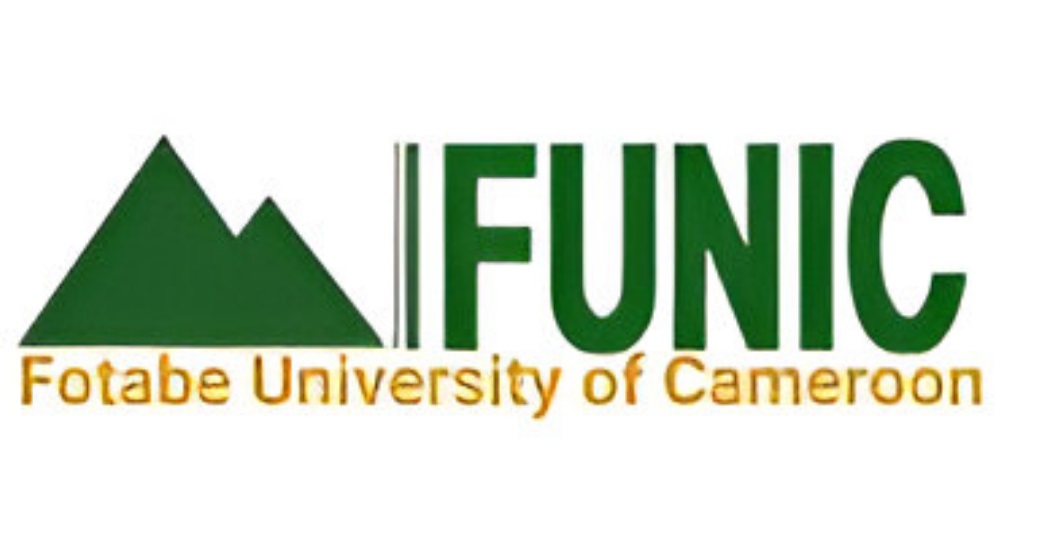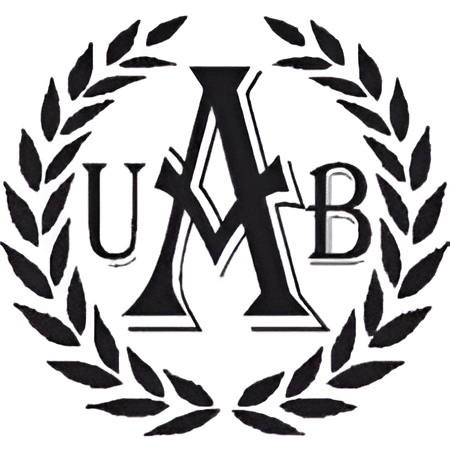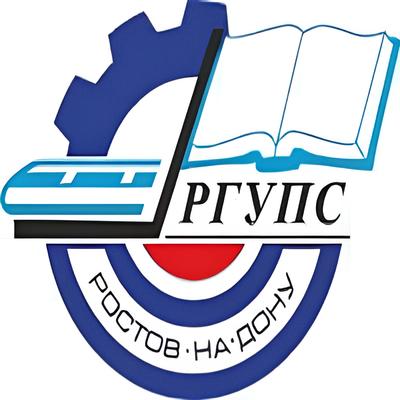The Benefits of Reading: A Reflection on Nyerere’s Contributions to Education and Reading Culture
Keywords:
Books, Mass Education, Mwalimu Nyerere, Reading CultureAbstract
This paper addresses the reading culture during the tenure of Mwalimu Julius Kambarage Nyerere, the first President of the United Republic of Tanzania (URT) from 1961 to 1985. The importance of fostering a reading culture and its consequences for personal and social development is well documented. Various stakeholders have consistently emphasized the need for society to embrace a reading culture for both individual and national betterment. This study was designed to determine the potential academic and lifelong benefits of cultivating a reading culture in society. It was constructed using synthesized information extracted from past and present sources, integrating and analysing that data to generate findings. The study employed a desk research approach, screening secondary data and documents collected from various published sources. Primary data played a secondary role in this research. The objectives of the study were: (1) to determine how reading culture functions as an interlocking system of habits and logistics, (2) to assess the social construction of reading communities, (3) to explore the ideological constructions of reading, and (4) to evaluate the role of reading in healing, serving as an important reference for improving readership culture in academic settings. Findings from the study confirmed the importance and pleasure of reading, as Mwalimu Nyerere once stated: “It is a fact that we must recognize; that in dealing with the modern world, children in Europe have two big advantages over our own children. One is familiarity with mechanical things; the other, and perhaps even more important, is familiarity with books.” - Mwalimu Nyerere, Arusha, 29th November 1965. Documented research, along with individual observations, highlights that many people in Tanzania lack the habit of reading books. The noticeable decline in reading culture is alarming and threatens the development of a well-educated and learning-oriented society, including the quality of the nation's workforce. This research concluded that while the problem of poor reading culture is more pronounced in higher learning institutions and has effects on the job sector, it is attributed to several factors presented in this study. The study recommended that steps to promote reading culture are crucial to preventing the collapse of the nation's workforce. It also suggested that promoting reading in schools and universities is essential, and enhancing the reading culture should be integrated into the curriculum.
Published
How to Cite
Issue
Section
Copyright (c) 2024 Balozi Morwa, Netho Ndilito

This work is licensed under a Creative Commons Attribution-NonCommercial 4.0 International License.





















